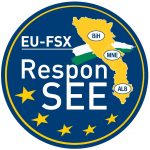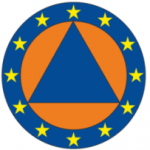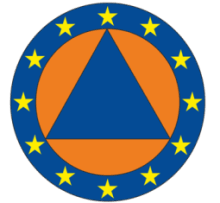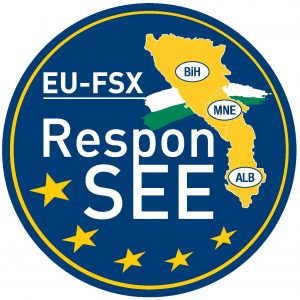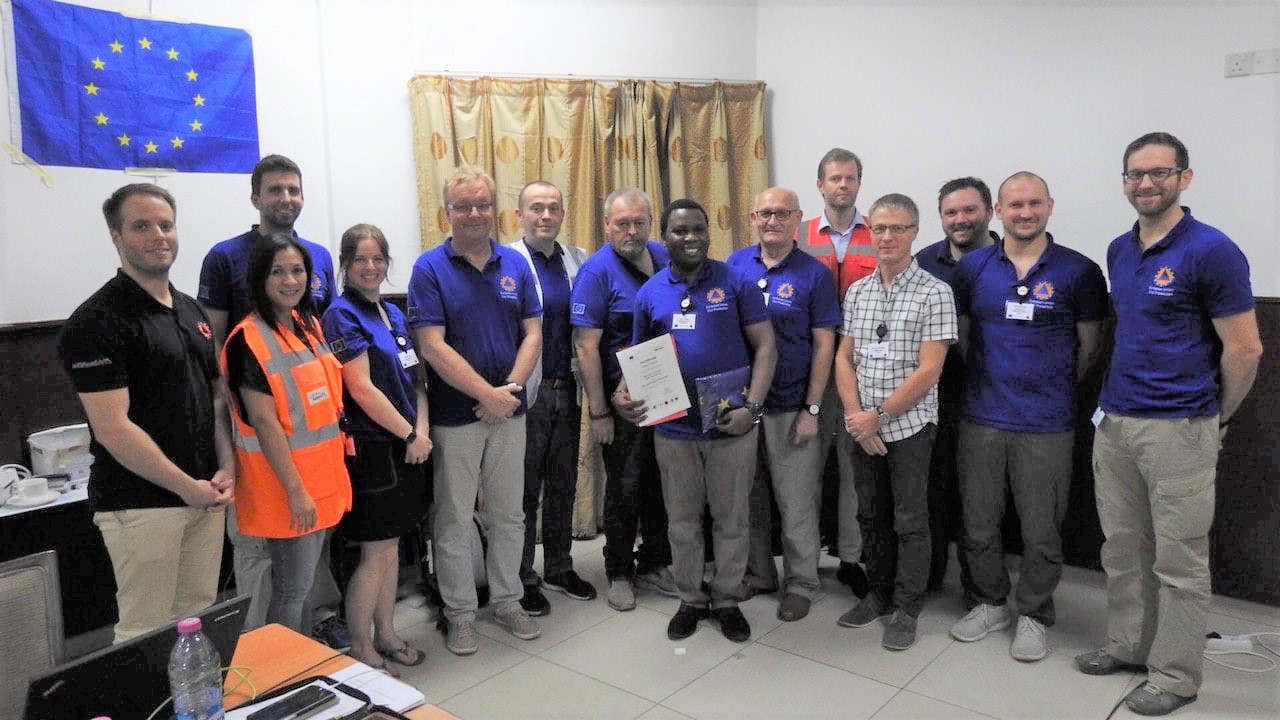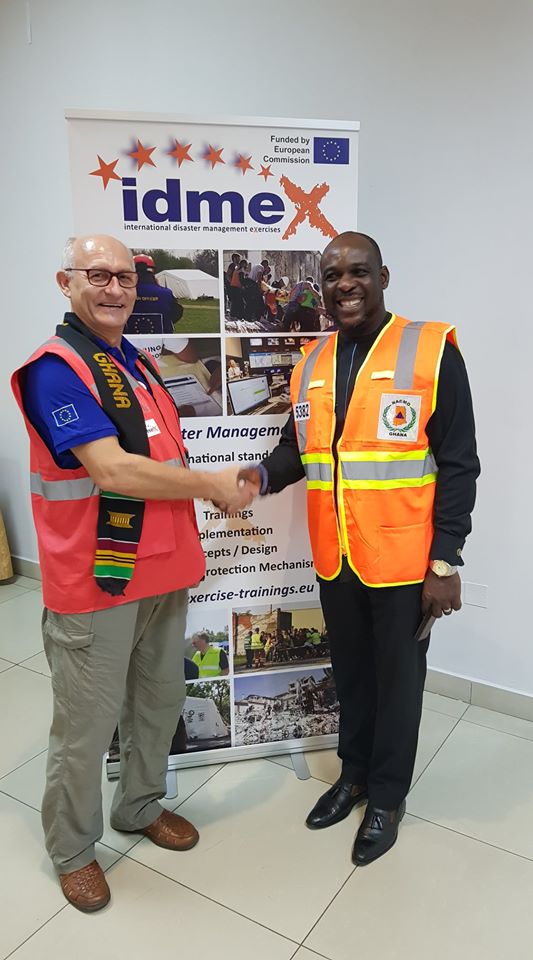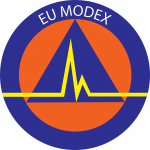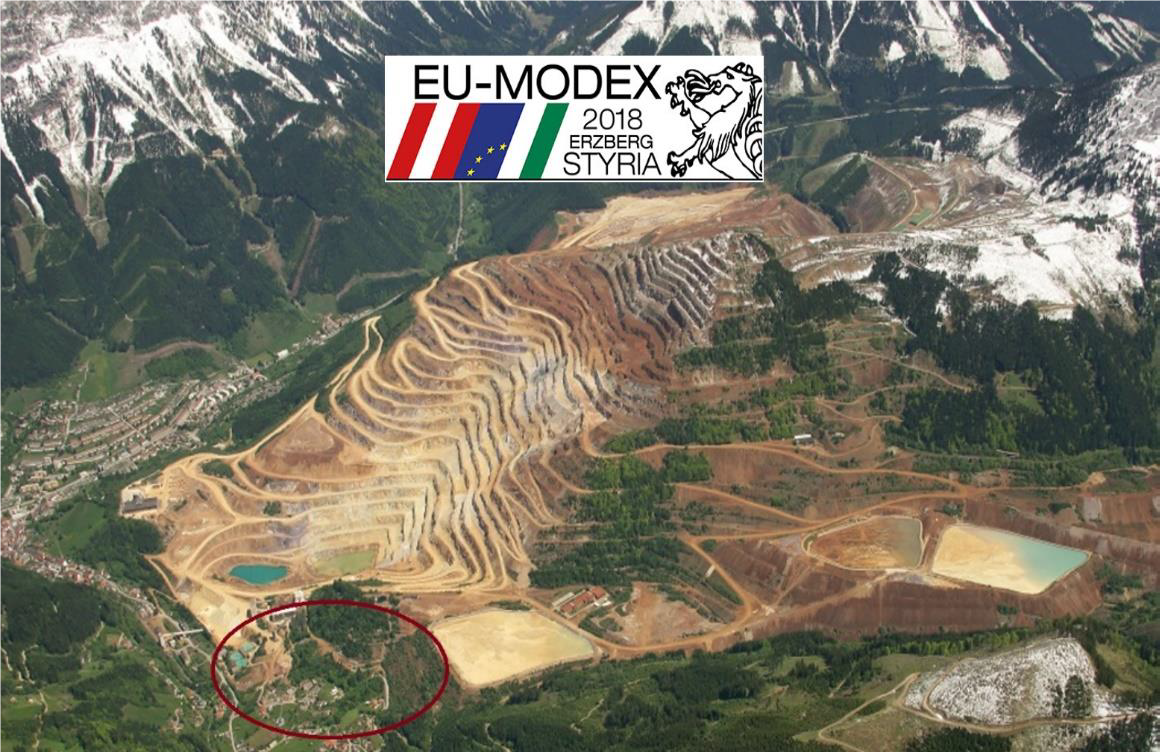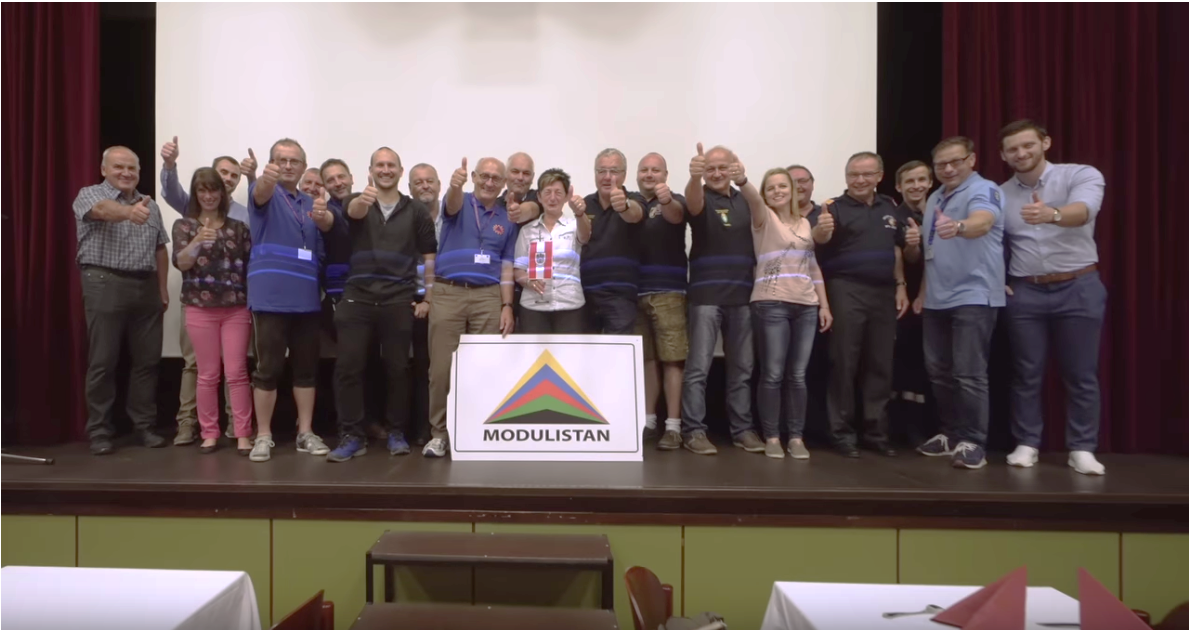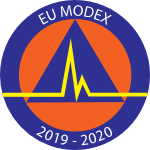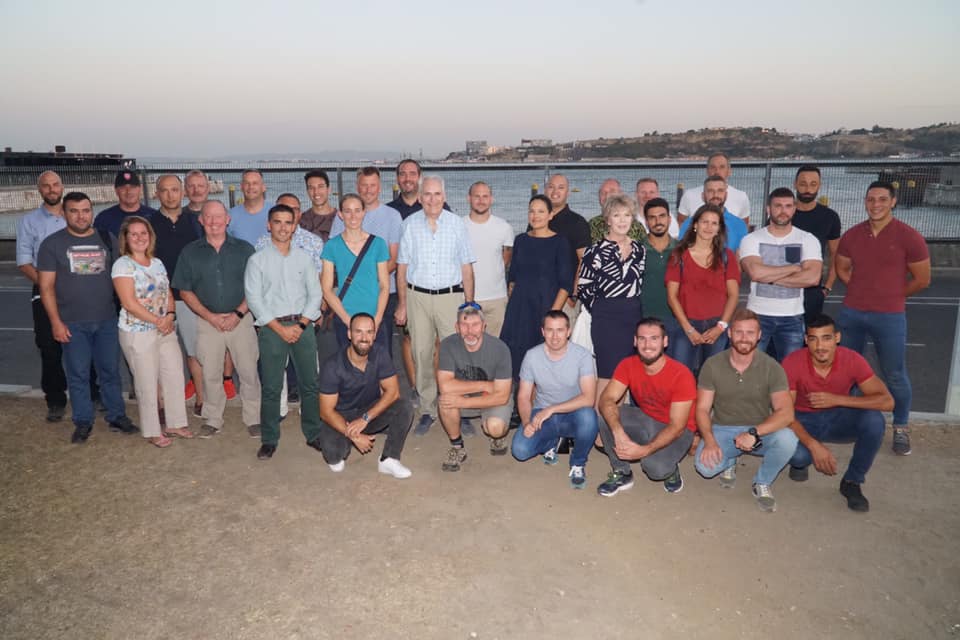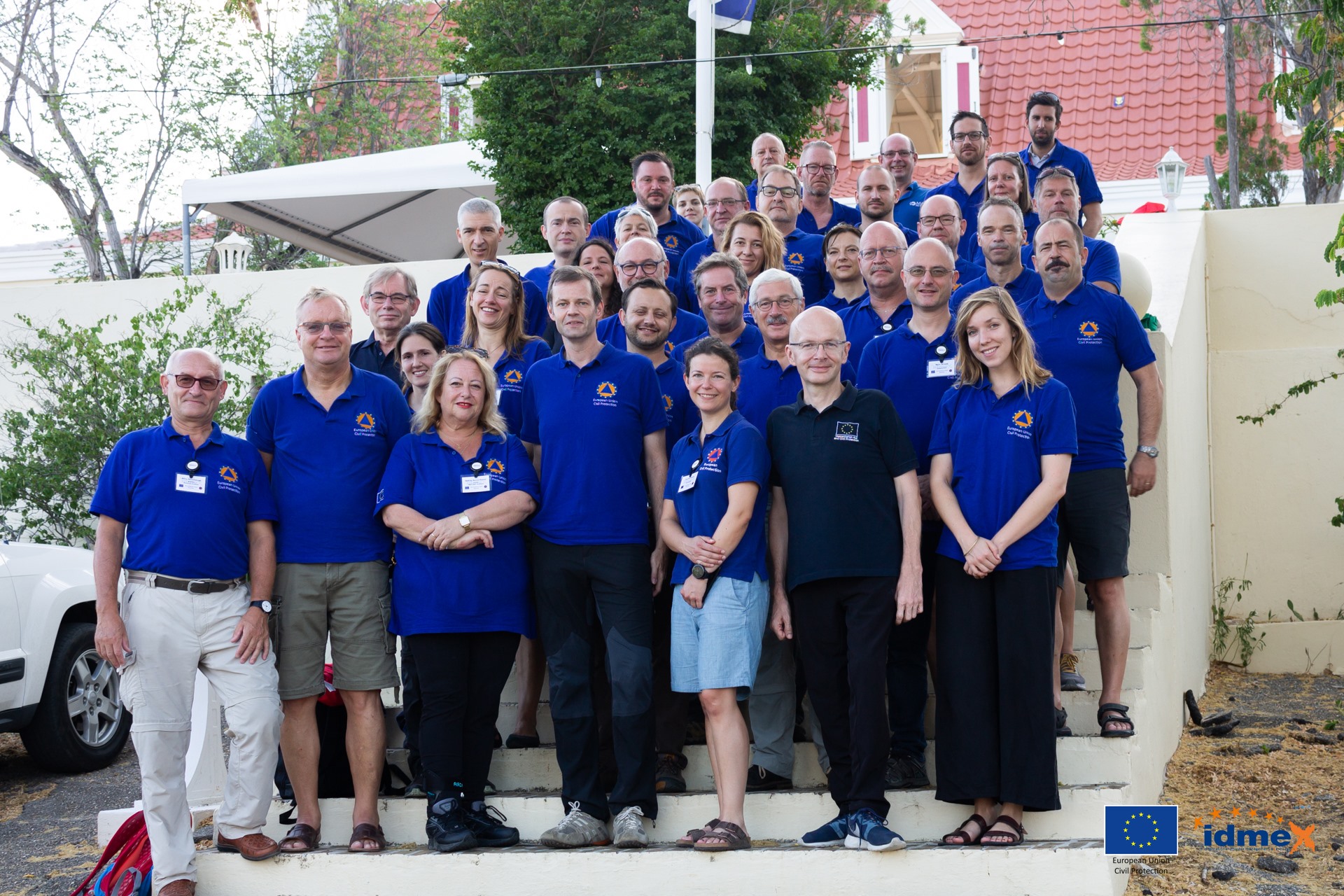International-European PlugIn Exercise 2022 INT-EU PIX 22
Project’s name:
International-European PlugIn Exercise 2022
Project start:
01.03.2022
Project duration:
24 Months
(in case of COVID-19 related delays – 36 Months)
the Project Coordinator:
the European University of Cyprus (EUC/CYP)
the Project Partners:
- Norwegian Directorate of Civil Protection (DSB/NOR),
- Resilience Solutions International (RSI/AUT),
- Prepared International UG (PPI/GER)
- D.M.A.T. Consulting KG (DMAT/AUT).
The Project tasks:
The task of the consortium is to implement a UCPM (EU Civil Protection Mechanism) support module in a planned large-scale exercise for disaster management.
In this project, a 3-day (24/7) plug-in exercise (PIX) is designed, planned, implemented and evaluated outside of Europe in a country with different emergency management structures (e.g. other structures, response mechanisms, culture and climate conditions).
Based on the European Commission’s final decision, the PIX will take place either in South Asia/Nepal involving Asian Disaster Preparedness Center/ADPC, or West Africa/Ghana or Cabo Verde involving Economic Community of West African States / ECOWAS, or East Africa /Djibouti involving Intergovernmental Authority on Development / IGAD.
The background of the plug-in exercise:
The UCPM is often activated for dealing with emergencies outside the European Union. Most of the UCPM exercises conducted to reflect this often use fictitious scenarios and artificial countries to simulate the response environment. Although these exercises are needed, they do not necessarily provide the true nature of real deployments. At the same time, disaster management exercises outside Europe take place worldwide every year. This could allow for opportunities to join, i.e. plug-in to, planned large-scale exercises involving a multi-organisation response by providing an EUCPT, modules and/or other response capacities.
The overall objective of the Mechanism is to strengthen the cooperation among Member States in the field of civil protection for preventing, preparing for and responding to natural and man-made disasters. Any country in the world overwhelmed by a disaster can call on the Mechanism for support. By pooling the civil protection capabilities of the Member States, the Mechanism can ensure better protection primarily of people, but also of the natural and cultural environment and of property.
The Emergency Response Coordination Centre (ERCC) is the operational heart of the Mechanism. It is operated by DG ECHO and is operational 24 hours a day and 7 days a week.
The project objectives:
- test and improve the coordination of the UCPM response assistance, and ultimately to establish a common understanding in major emergencies.
- improve interoperability, coordination, communication, reporting and logistical arrangements in civil protection assistance with the different response capacities, national authorities, local emergency management authorities, humanitarian actors and other agencies with a role in emergency response.
- improve the field cooperation between EUCPT and UNDAC.
- enhance the cooperation with the EU Delegation(s), DG ECHO Field Office and EU Member States embassies in the region or country affected.
- develop and implement a safety and security plan for an emergency response outside EU.
- strengthen the understanding of Host Nation Support and introduce the EU HNS guidelines

